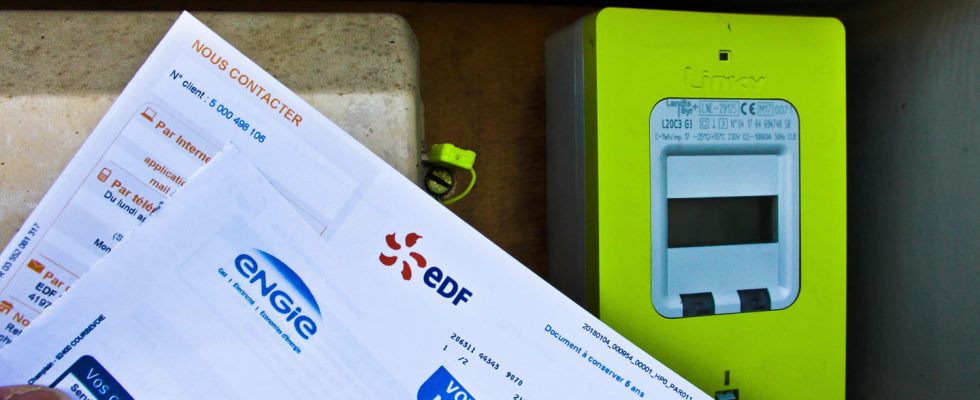Faced with rising energy bills, some households do not hesitate to cut corners everywhere. Even if it means taking risks.
From joke to reality, there is sometimes only one step. “If your fridge is empty at the end of the month, you might as well unplug it to save energy”: these were the words that were falsely attributed to Minister Agnès Pannier-Runacher by a parody Twitter account. However, this joke is indeed real.
Rising energy prices have plunged millions of people into a precarious situation. To the point that some have chosen to do without several household appliances to lower their electricity bill. The dryer, the TV, the Playstation… But not only that!
According to a report published by the Joseph Rowntree Foundation, two million people have already unplugged their fridge or freezer over the last two years in order to reduce their energy costs. The study, carried out in the United Kingdom, even explains that, among the positive responses, one million households have used it over the last six months.
A most alarming result for the economic situation across the Channel, where inflation flirts with 7% over one year. Above all, these figures are very worrying from a health and food point of view. “People risk getting sick by eating spoiled food and going without healthy, fresh food. This risks lasting damage to the health of millions of people,” JRF chief analyst Peter Matejic said. of Guardian.
In France, no similar situation is known. The various reports on poverty in the country never mention unplugging fridges and/or freezers to save money. On the other hand, unplugging your charger when it is not in use, just like the coffee machine, the printer or even the console when these equipment are not used for several days or weeks has become a reflex.
Investigation (Ifop) shows that energy poverty is a major concern for the French. Most people are worried about future increases in energy costs. In rural communities, the anxiety is even greater, especially since half of rural residents have already given up heating their homes.
